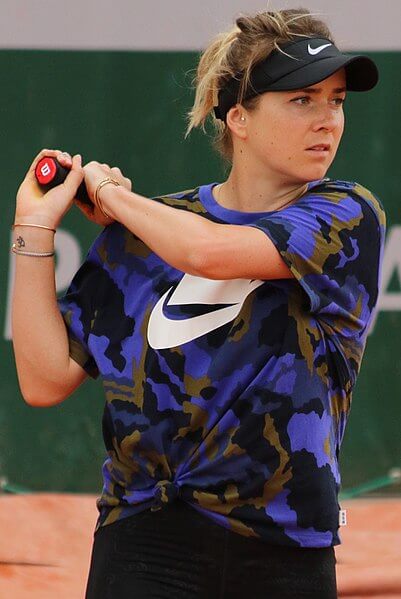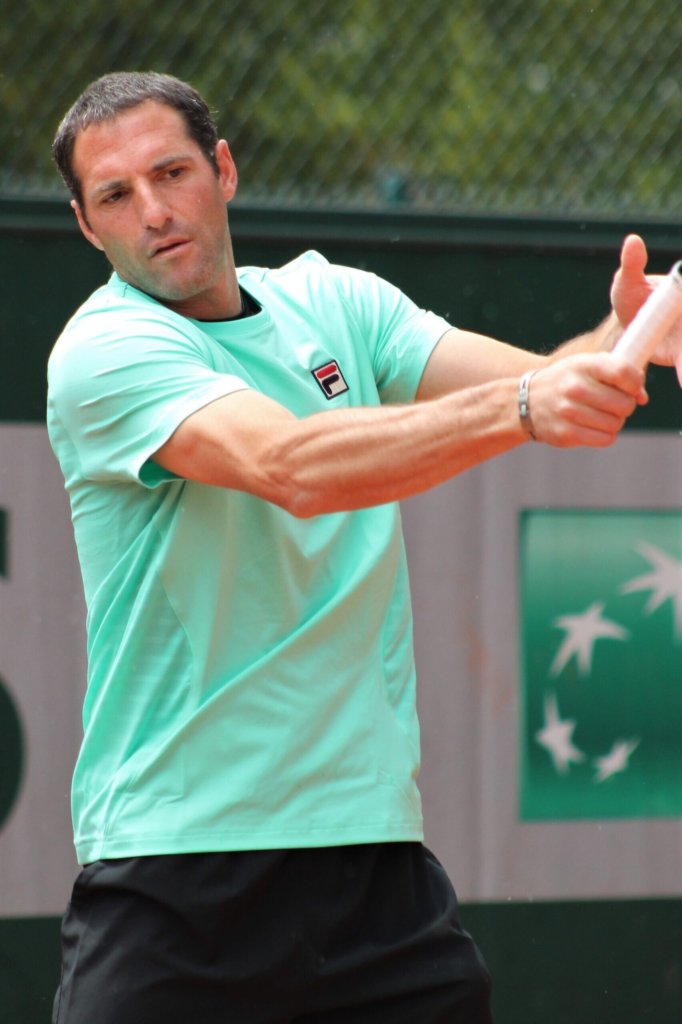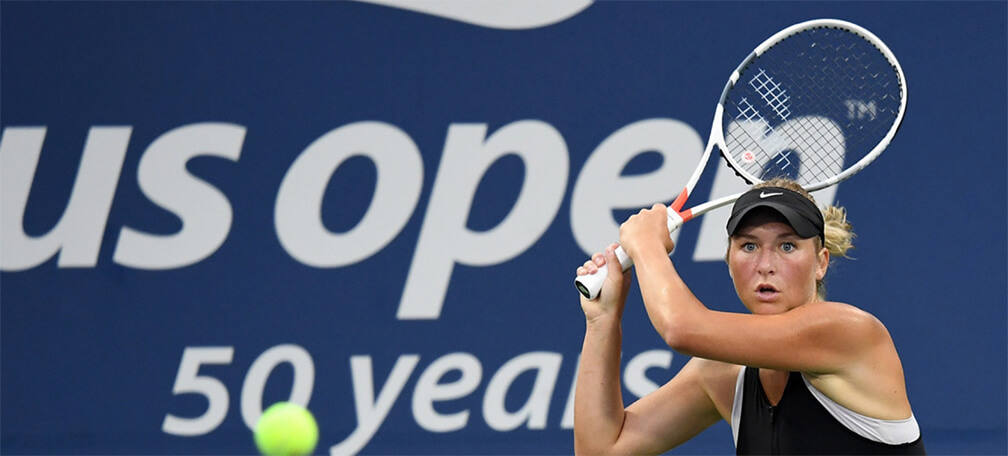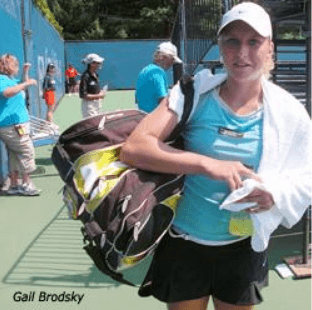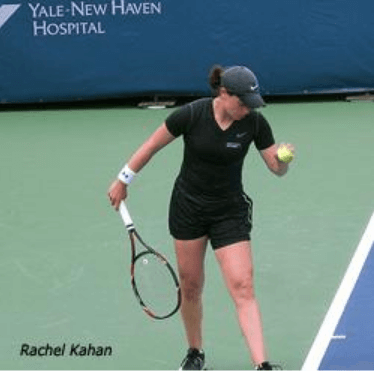Original Article Published On The Jerusalem Post
Jonathan Erlich, Israel’s 44-years-old Davis Cup captain, is the oldest player in the US open that is full of up-and-coming youngsters.
In a US Open filled with young, up-and-coming surprise superstars, let’s not forget about the older men and women in the tournament – including Israel’s Jonathan Erlich.
Several stars of this year’s US Open were not even born 20 years ago when the Twin Towers were attacked on September 11, 2001.
The two women’s finalists – Canada’s Leylah Fernandez, 19, and Britain’s Emma Raducanu, 18 – were both teenagers. Carlos Alcaraz of Spain, who retired in the men’s quarterfinals with a leg injury, is 18.
The media couldn’t stop asking these young players about being so young. When asked if they had less pressure because they were up-and-comers, Radacanu replied: “I think honestly being young, there is an element of you do play completely free. But I’m sure that when I’m older or have more experience, yeah, the same will happen to me. I think the tables will turn. Some younger players will come through.”
Fernandez, who had four consecutive upsets of seeded players – all in a three-setters – before losing to Radacanu in the finals, had always imagined playing Grand Slams.
“When I was younger, since I used Justine Henin as a great example, I would imagine myself playing against her. I would also imagine myself playing against Serena and Venus [Williams], and the past few years playing against Osaka in a big tournament. When I was younger, I’ve always seen myself being in a big stadium in front of so many people and just having fun on the court.”

The tennis world is likely to hear from Fernandez, Radacanu, Alcaraz and other young players for quite some time.
The youngest player in the entire US Open this year was Robin Montgomery, who just turned 17. She competed in the women’s doubles, where she made it to the second round, and won the girls’ US Open tournament. Montgomery is six months younger than phenom Coco Gauff, who was born in September 2004. Gauff lost her second-round singles match but played in Sunday’s women’s doubles finals with fellow teen, 19-year-old Catherine McNally.
The duo, affectionately known as “McCoco,” took on the veteran team of Samantha Stosur, 37, and Shuai Zhang, 32, who won the 2019 Australian Open doubles crown.
Stosur, who competed in her first Grand Slam events in 2002, represents the older group of players also experiencing success at this year’s US Open. American Rajeev Ram, 37 and partner Joe Salisbury, 29, will share the $660,000 prize for winning the men’s doubles championship.
Mandy Minella of Luxembourg, 35, lost in her first-round women’s’ doubles and first-round singles qualifiers matches. Vera Zvonareva, 37, lost in her first-round women’s’ singles match to No. 1 seed Ash Barty.
Qualifier Ivo Karlovic, 42, the second oldest player in this year’s US Open, battled through three qualifying rounds to gain a spot in the men’s singles draw. He lost to No. 5 seed Andrey Rublev in the first round.
And the oldest player in the US Open was none other than the good-natured Israeli, Jonathan Erlich, clocking a ripe 44 years of age.
Erlich, Israel’s Davis Cup captain, has had a long and distinguished tennis career, mostly with now-retired Andy Ram. Erlich has been teaming up for doubles in some recent tournaments with 24-year-old South African Lloyd Harris.
Erlich and Harris defeated Oliver Marach and Philipp Oswald in the first round, 6-2, 6-7, 6-2 before losing in the second round 7-6, 6-4 to John Peers of Australia and Filip Polasek of Poland. The youthful Harris went on to the singles quarterfinals where he lost to No. 4 Alexander Zverev.
Erlich playfully notes that he is old by tennis standards, but that playing with a player like Harris keeps him young.
“Forty-four is pretty old, but I try staying in there and playing with the young guys,” said Erlich. “I am playing with a partner who is on the rise and playing great tennis. Playing with Harris actually gives me a lot of energy and motivation to keep going.”Erlich enjoys Harris on and off the court.
“I am great friends with Lloyd and we enjoy playing together.”
Playing with Harris after so many years with fellow countryman Ram represents a second chance for Erlich.
“I think it gives me a second wind and overall, I am feeling very well. As long as my body holds on, it is good.”
Ehrlich and various doubles partners enjoyed a successful season in 2021, which included reaching the quarterfinals in Los Cabos, the semifinals in Newport, the round-of-64 at Wimbledon and the quarterfinals in Mallorca.
Erlich came to the US Open after five weeks off.
“I was a little rusty in the beginning of the first-round match. It took me a while to get into it, but I finished strong.”Erlich looks back fondly on his 15 years spent with Ram, many of them ranked in the top 10. The pair won the 2008 Australian Open doubles title together.
“It was a different era. Now, [my] priorities are different – family, kids…” He feels he is in a “happy place” and “grateful to be playing Grand Slams at 44.”
He has not lost touch with his old friend, Ram, who now owns an ice cream store in Dizengoff Square in Tel Aviv and is reportedly opening a second store soon in Kiryat Ono.
“I was his first client. I had black vanilla, which is amazing, and I love going for pistachio. Erlich playfully added: “This bastard didn’t even give me a discount!”
Perhaps Ram will treat Erlich to a free scoop after he wins his next Grand Slam title.


